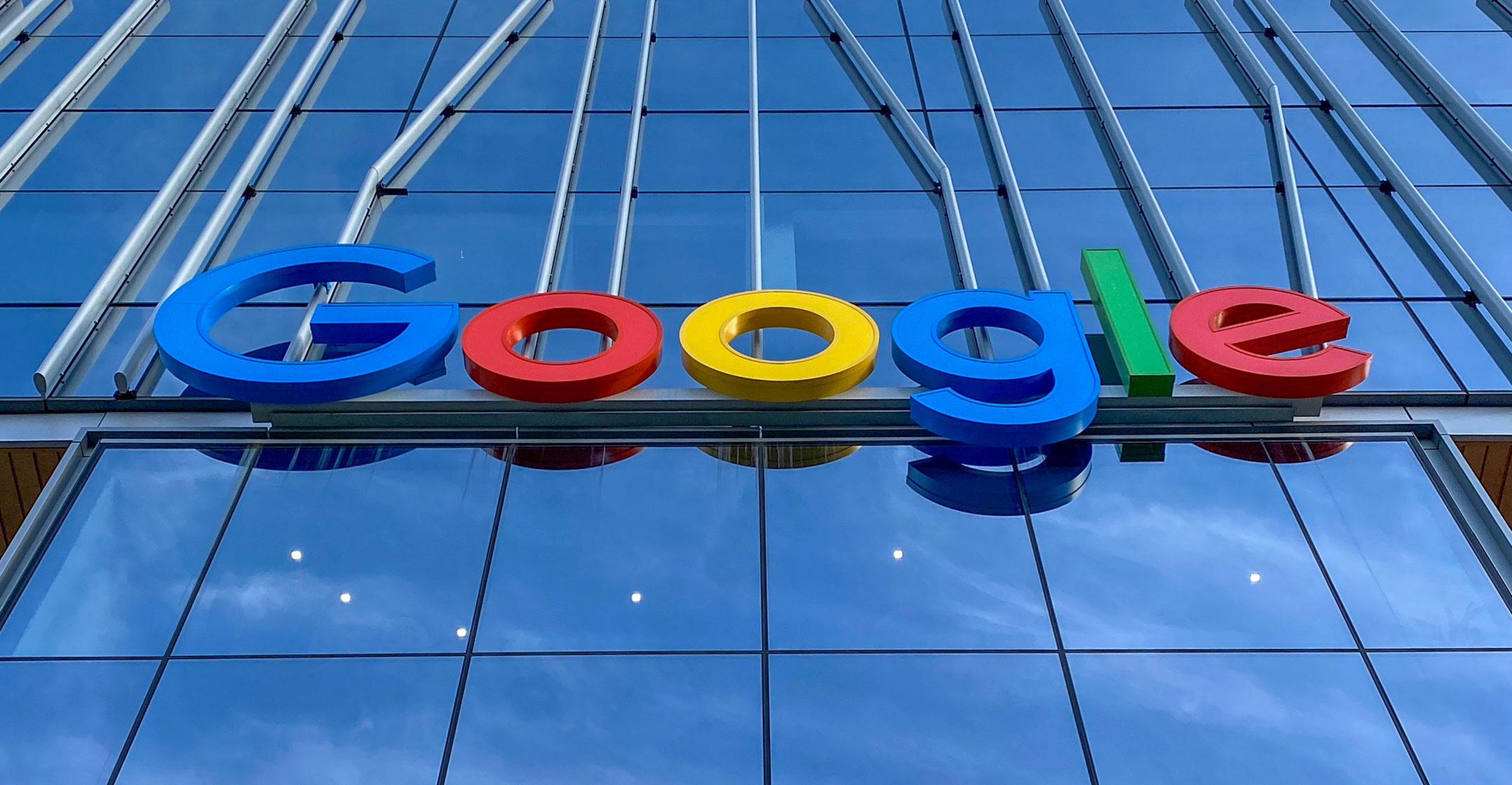 A push by US politicians to regulate digital app stores has pitted Apple and Google against Microsoft and others in a showdown of some of the world’s biggest technology companies.
A push by US politicians to regulate digital app stores has pitted Apple and Google against Microsoft and others in a showdown of some of the world’s biggest technology companies.
The Open App Markets Act focuses on a narrow slice of the sprawling Internet economy: the billions in fees collected by app store operators. The legislation has emerged as a flash point because it has the best chance of becoming law among a handful of bills aimed at reining in Big Tech.
The bill would choke a highly profitable revenue stream for Apple and Google’s app store duopoly, while allowing supporters such as Spotify and Epic Games to claim a greater share of the dollars spent in their apps. Microsoft favours blowing up app store rules that have been unfriendly to its cloud gaming services, plus joining the fray may earn the company favour with lawmakers while weakening its rivals.
Silicon Valley typically presents a united front on policy matters on Capitol Hill. Now the schism is testing the resilience of Apple and Google’s influence in Washington when they are not aligned with other technology industry power players.
App store fees, generally between 15% and 30% of each transaction, have delivered Apple and Google a combined US$159-billion since 2015, according to data provided by market research firm SensorTower.
While the bill would bring significant change to app stores, it isn’t an existential threat to Google or Apple. Each has other lucrative revenue streams, including Google’s advertising business and Apple’s iPhone segment, which have helped vault their respective market values well above $1-trillion. Still, if the legislation became law, it could dent Apple’s App Store revenue by as much as 7%, said Wedbush Securities’ Dan Ives. Google could lose 5% of its Play Store revenue, according to Bloomberg Intelligence’s Ashley Kim.
Microsoft vs Apple
Microsoft joined the battle over app fees in 2020, when it called for regulators to go after Apple, saying its App Store policies are worse than practices that saddled Microsoft with antitrust violations two decades earlier.
Since then, Microsoft has sent executives to testify against Apple, privately briefed the US congress on the topic, and lobbied in favour of the bill. After it announced its agreement to acquire Activision Blizzard, Microsoft said it would adjust its policies to be more in line with the principles of the app store bill to preempt merger scrutiny.
As Microsoft stepped up its lobbying in favour of the bill, it confirmed it left a group called ACT-App Association that’s opposed to the measure.
Oracle is also lobbying for the bill, according to executive vice president Ken Glueck. The second largest US software company by revenue has pursued campaigns against ad-supported tech companies for years, even weighing in on matters that had little to do with its products. That’s allowed it to forge relationships with lawmakers as it works to maintain and expand its public-sector businesses.
Meanwhile, Google and Apple have staked their ground alongside the US Chamber of Commerce and the Chamber of Progress, which is backed by tech companies including Amazon.com and Twitter. Apple CEO Tim Cook and Google CEO Sundar Pichai have met with US senate judiciary leadership to argue the bill would create cybersecurity risks and damage user experience. Last month, Google wrote to senate leadership complaining that Microsoft’s Xbox store escaped jurisdiction.
 “Disappointing that Microsoft would lobby so hard for a law targeting its competitors, while carving out its own exception for Xbox,” tweeted Google chief legal officer Kent Walker last month.
“Disappointing that Microsoft would lobby so hard for a law targeting its competitors, while carving out its own exception for Xbox,” tweeted Google chief legal officer Kent Walker last month.
Companies and trade groups that have lobbied on the bill spent $135-million overall last year trying to influence members of congress — that’s more than was spent by the entire securities and investment industry. While federal disclosures don’t specify how much of that was for the app store measure, the total highlights their relative power in Washington.
Conspicuously absent from the app store debate is Meta Platforms. It hasn’t publicly voiced support for the legislation, though some observers point out that the social media giant stands to benefit if it passes.
Not only does Meta have a “blood feud” with Apple, said Paul Gallant of Cowen & Co, its long-term growth strategy includes the videogame-heavy metaverse, which is constrained by existing app store rules. The company also hopes to expand its in-app commerce offering, which would be subject to fees from the app stores, said Mandeep Singh of Bloomberg Intelligence.
ACT-App Association, the group which Microsoft recently left, has argued against proposed app store regulations by saying they would make it easier for Facebook to collect user data. While the company declined to comment on its position on the legislation, it’s a member of two industry groups, NetChoice and Chamber of Progress, that have opposed the bill.
But between supreme court nomination hearings, midterm campaigning and a land war in Europe, it may be hard for congress to make a tech regulation bill a priority
Part of the reason the Open App Markets Act is a threat to the app store operators is because of its unusual bipartisan support. It was introduced by senators Amy Klobuchar and Richard Blumenthal, Democrats from Minnesota and Connecticut, respectively, along with Republican Marsha Blackburn of Tennessee.
It overwhelmingly passed committee last month with support from lawmakers with widely differing viewpoints, including Missouri Republican Josh Hawley and Hawaii Democrat Mazie Hirono. Last week, the senate-passed version of the bill was reintroduced in the house.
Proponents say it could be signed into law this year. But between supreme court nomination hearings, midterm campaigning and a land war in Europe, it may be hard for congress to make a tech regulation bill a priority.
Fortnite maker Epic Games and streaming platform Spotify have been squabbling with Apple for years over app store policies, and were among 13 founders of the Coalition For App Fairness in 2020.
A new association was needed to push against app store abuses, since “other app coalitions that existed were actually funded by Apple”, said Kirsten Daru, general counsel and chief privacy officer of Life360., which acquired Tile, another founding member, last November.
Other members of the Coalition for App Fairness include dating app giant Match Group, which estimated its app transaction fees would hit $500-million in 2021 — more than the company’s net income. — (c) 2022 Bloomberg LP

